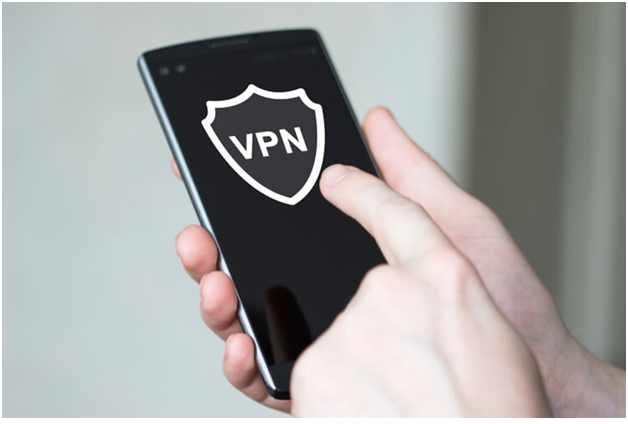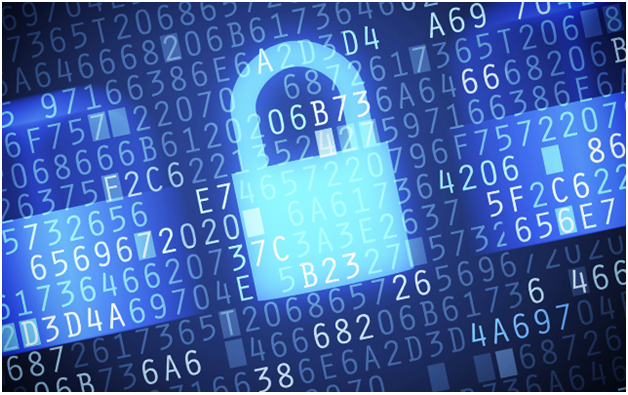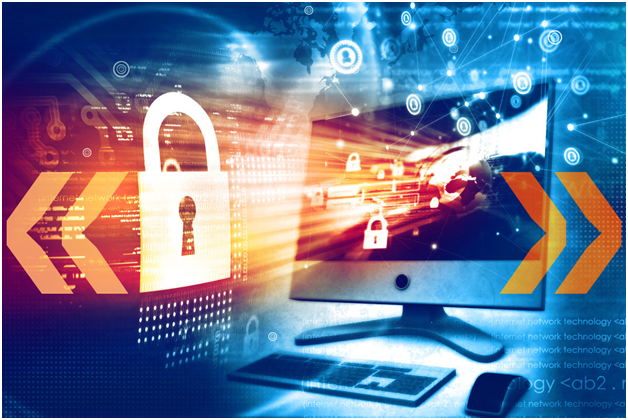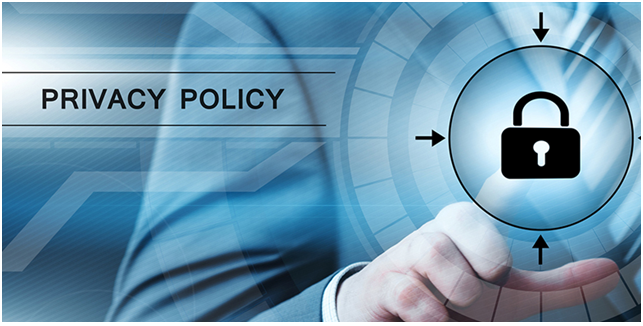Are you thinking about improving the security of your iPhone through a VPN service?
If so, you are definitely on the right track – at least when it comes to matters of surfing the internet safely on your mobile device. VPNs have been on the scene for many years now, and you might have considered trying them out but you are not quite sure where to begin.
When you choose the right one for your device, it will help you – as they do everyone, ranging from big businesses to individuals. Their use has made them into an important part of any cyber security system, regardless of the person using it. however, choosing the right one is not the easiest process, especially when you keep in mind that numerous VPN companies will tell you that they have the best VPN for iOS devices, Android items, or any other operating system.
Despite this, the importance of having a great VPN outweighs the drawbacks of looking for one. If you want to buy anything online? Use a VPN to change your location. If you want to connect to free public Wi-Fi at your local coffee shop? Use VPN to stop any prying eyes from stealing your information.
With the benefits in mind, here are some factors to look at when you are choosing a VPN service for your iPhone or iPad.
Choosing a VPN for an iOS device
Privacy and security
This is the first thing to always consider on the list. It has several aspects in it, which are:
The use of encryption
Encryption is a security-enhancing feature that encodes information or messages in a way that only certain parties can see it, while the network blocks the message from unauthorized parties. In order to understand how VPN should help in the process, it is good to understand the flow of data through the internet.
When you search for something on your iPhone or iPad browser, the device makes a query. This will go through the ISP that you use, and then the message reaches a DNS server. The server will then look through its directory of information, find the suitable IP address that matches the query, and then connect the results to your IP address.
This query will travel through the network as data packets that contain readable text. The thing is, any snooper or hacker can easily access the data packets and read the text in them, which allows them to know the personal information you are sending or what you are searching for. However, encryption changes that, because no one can read the data packets and what they contain – except the DNS server that has the correct IP address.
Certain VPN services will only give encryption for 192-bit or 128-bit, but you want one that will give you 256-bit encryption at the least. This is because the 256-bit is more secure, and is the standard that the VPN industry always strives for. It is also used widely in the IT industry and the US military.
The protocols available
The protocol is what will determine the routes the information travels through when it goes to VPN servers. There are 5 protocols:
- Point to Point Tunneling Protocol (PPTP) – this is the oldest VPN protocol, and many newer and more secure protocols have replaced it.
- OpenVPN – this is among the most secure and fastest protocols. It has 256-bit encryption, a 160-bit SHA1 hash algorithm, and 2048-bit RSA authentication, alongside other security features. The only drawback is its vulnerability to VORACLE attacks, though many VPNs do not experience the problem anymore.
- Secure Socket Tunneling Protocol (SSTP) – you will find this in every Microsoft OS, and allows integration with a smart chip. It also supports BSD systems and Linux, while iOS, macOS, and Android get its support through 3rd party clients.
- IPSec/L2TP – this is the successor to L2F and PPTP. The IPSec provides the security layer to the basic L2TP, though the major drawback is the defaulting of data to utilize port 500 UDP and making it easier to spot by firewalls.
- Internet Key Exchange version 2 (IKEv2) – this is a tunnel protocol that uses a secure key exchange. You must use it alongside IPSec for authentication and encryption reasons. However, there has been some evidence that major governmental surveillance agencies use it to spy on mobile users.
Ideally, you want your VPN provider to allow you to switch between protocols, or at least use the most optimum one available at that moment.
Other security features
These can be a variety of security innovations such as AI-assisted neuro-pathing and multi-hop technology.
Regardless of the extra features though, it is important to have a kill switch in the VPN that works. This will ‘kill off’ any online apps when the VPN connection is experiencing interruptions.
Privacy policy
Yes, the dreaded privacy policy that you need to read and agrees the terms to.
It is very boring to read through all that, but you need to know what you are signing up for when using a VPN service – it is for your own good.
Any VPN company will have a logging and privacy policy. This will tell you the information they are keeping, how long they will keep it, and what they will do with it.
Most of the VPNs you see will keep some information such as payment data, email address, and information regarding your customer service – however, some might keep more than that. The ideal is choosing a VPN service that keeps the bare minimum information they need, and also not keep it for too long.
VPN jurisdiction
Going back to the privacy and logging policies, it is essential to know what they are keeping. Sometimes, their jurisdiction allows their governments to confiscate the data they have, including your personal data (especially for countries that are signatories to the 14-eyes agreement).
If you want encryption that is truly safe, avoid these countries. if the VPN is based in any of them, make sure they do not log data.
Conclusion
If there is something you should take away from this article, is that not all VPNs will give you the same service. Therefore, looking at the features and what you want from the service will assist you to select the best one.



